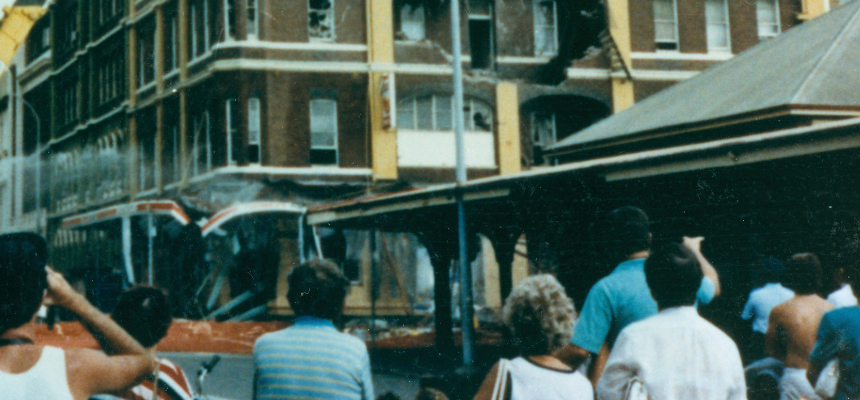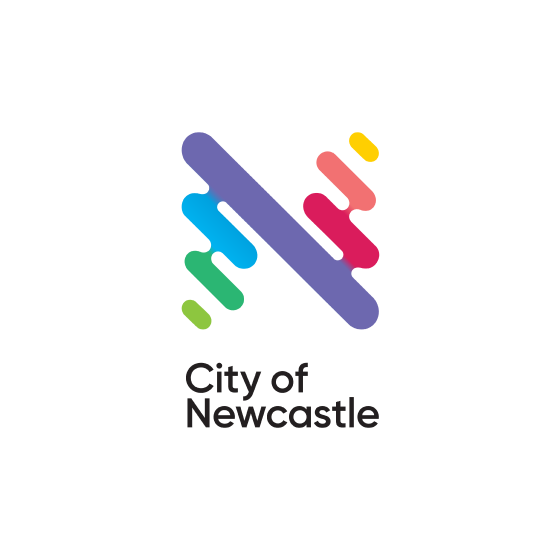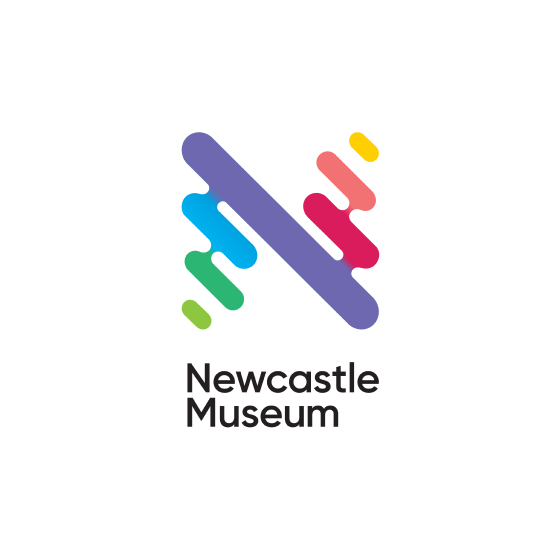- Connect
- Explore
- Experience
- eLibrary & Learning
- Newcastle Stories
- Experience / Library Projects / The 1989 Newcastle Earthquake: Online History Unit / How does the Community Remember the Earthquake?
How does the Community Remember the Earthquake?

Interview with Alan Sunderland, Author of Six Seconds
Alan Sunderland, author of Six Seconds, talks about researching the Newcastle earthquake.
Topics covered include:
How Alan came to write about the Newcastle Earthquake in his children's historical fiction novel, Six Seconds
Newcastle in 1989 – a Year of profound change around the world e.g Berlin Wall comes down, Tiananmen Square etc. The My Australian Story series covers the life of a year in a child’s life
Building a factual scaffold about the earthquake in which to tell a fictional story
How to listen to someone remembering events, how to ask questions
Powerful stories from the earthquake
The important role of helpers immediately after the earthquake and in the longer term
Remembrance and Commemoration
Newcastle Libraries · Alan Sunderland
See the timestamp of the interview in the PDF Teacher Resource.
Researching, Connecting to Community and Recording Oral History
Devising Questions for an Oral History Interview
Work independently to start with. Take five minutes to come up with five questions you would like to ask someone who lived through the earthquake and can remember what happened. Remember to keep your EMPATHY skills in mind while you put these questions together.
Pair up! Read your questions to each other. Choose your favourite four questions and add them together – as a pair you now have eight questions. These will be the questions you ask your subject in the interview as a pair.
Teachers will organize access to individuals with stories about the earthquake – these may be staff at school, parents and grandparents or other community members that can visit the school for the interview phase. Interviews should take no more than fifteen minutes, if they go for two minutes that is OK, too.
The Interview
Use a device such as an iPad and record using an app such as Voice Memo.
Both interviewers should have the questions written clearly on paper in front of you and have a pencil in case you want to take any notes or think of any great follow up questions to ask during the interview.
Press record
Remember to ask questions, listen and respond with empathy – that you hear what your interviewee is saying, and you understand their point of view.
When you are done say 'Thank you for answering our questions today" and stop recording.
Review
Listen back to your interview – it is strange to hear your own voice but try to listen to what is being said. Did this help you to further understand what happened during the earthquake?
Share
Come back together as a class. What is one thing you will remember about conducting an oral history interview on the Newcastle earthquake? Share this with the group.










